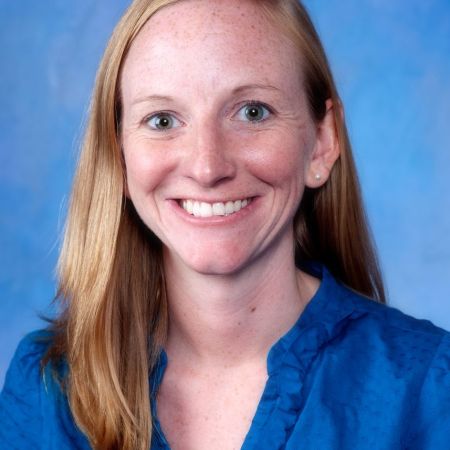Research
My research interests are in improving outcomes following curative therapies (allogeneic hematopoietic cell transplantation and autologous gene therapy) for non-malignant diseases particularly sickle cell disease, including through the development of novel strategies (including immunotherapy and cellular therapy) to promote immune tolerance and the study of late effects following these treatments.
Research Interest Keywords
Hematopoietic cell transplantation, non-malignant diseases, sickle cell disease, immune tolerance, cell therapy

